
Metastatic breast cancer drug expands treatment to men.
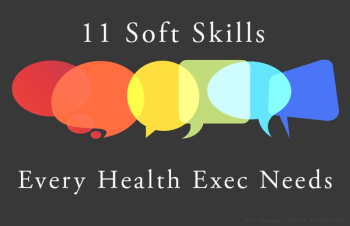
Technical skills aren’t enough to effectively manage an organization-you need other skills they don’t teach in school.

A complex disease such as diabetes requires a team-based approach to help patients comply with their regimen.
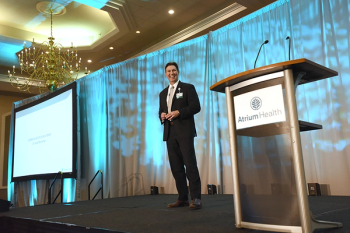
After his mother’s journey with breast cancer, Scott Rissmiller discovered the deep desire to make an impact in others’ lives as a physician-leader.

While it is difficult work, provider engagement is attainable. Here are some strategies that health systems can use to successfully engage their physicians.

What health execs need to know about the drugs and policies affecting spending.

The disease management and insurer initiatives changing the diabetes landscape.

FDA fast-tracks biosimiliar insulin products to elevate competition.

Industry groups are calling for clear FDA guidance on language used by biologic originators to protect market share.
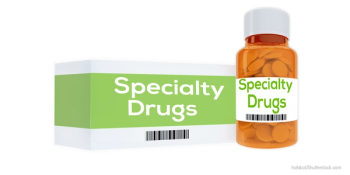
What the future of specialty drugs holds for healthcare.

Gene therapy offers great hope for patients, but comes with a bevy of challenges for patients and payers alike.

FDA approved 2 new multiple sclerosis drugs. Here's what you should know about them.

A new HHS proposal could do away with-or at least forever change-PBM drug rebates. Here’s what that could mean for health execs.

How over-the-counter meds keep patients healthier.

A new study has revealing findings about the progress on population health objectives.

The mistakes hospitals are making-and what they can do.
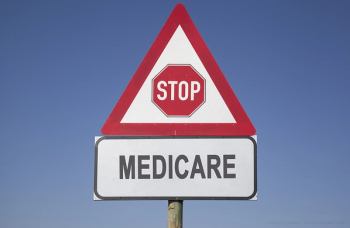
While the Democratic House and Democratic presidential candidates tout Medicare for All, opposing forces are also at work.

The tools and processes one of the largest not-for-profit Medicare Advantage plans uses to help seniors.

Postpartum drug is a game changer, but can women afford it?

Several companies are recalling products due to contamination from substances such as carcinogens and glass-here’s what you should know.

The ONC and CMS medical information transparency rule for patients, providers, and insurers may be the biggest change in healthcare system operations since the ACA. Here’s what to expect.

Typical idea-creation meetings are dull and don’t actually result in actionable items. Here’s how you can change that.

The answers lie in innovation, collaboration, and a national approach.

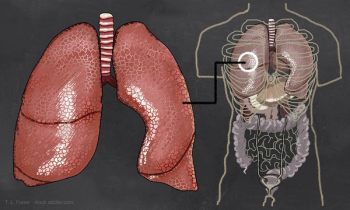
How one primary care practice used a team-based approach to reduce readmission rates for COPD patients.



The next best moves for Amazon, Apple, and Google in the transformation of healthcare.
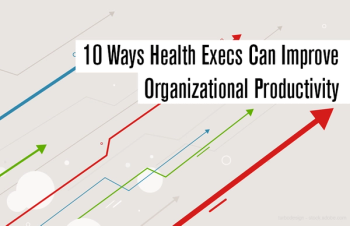
A successful organization is a productive one, but a lot can stand in your way. Here’s how to get around the barriers to create a more efficient working environment.
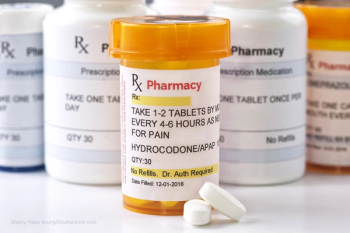
Access to broad snapshot of the patient’s pharmacy and medical data can help spot and address drug misuse.